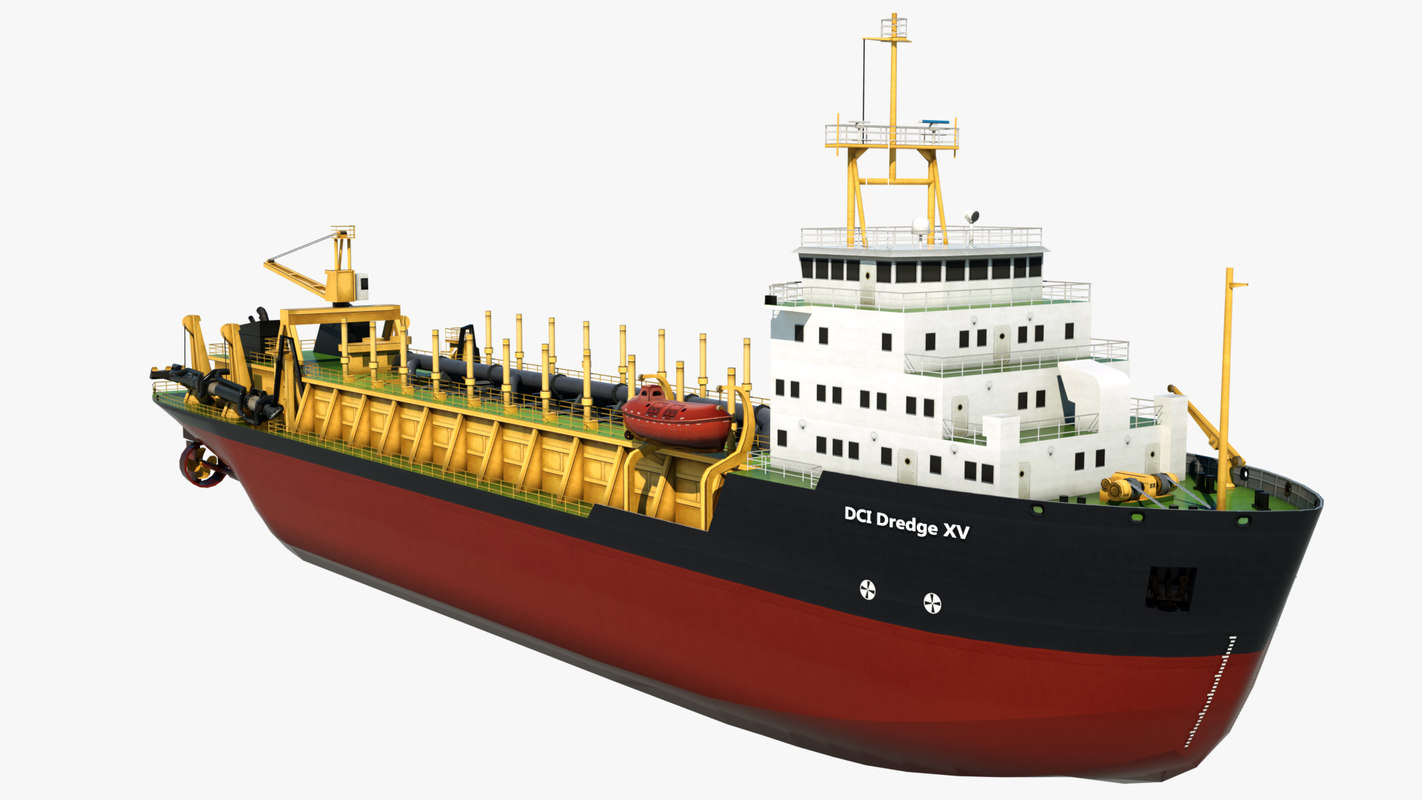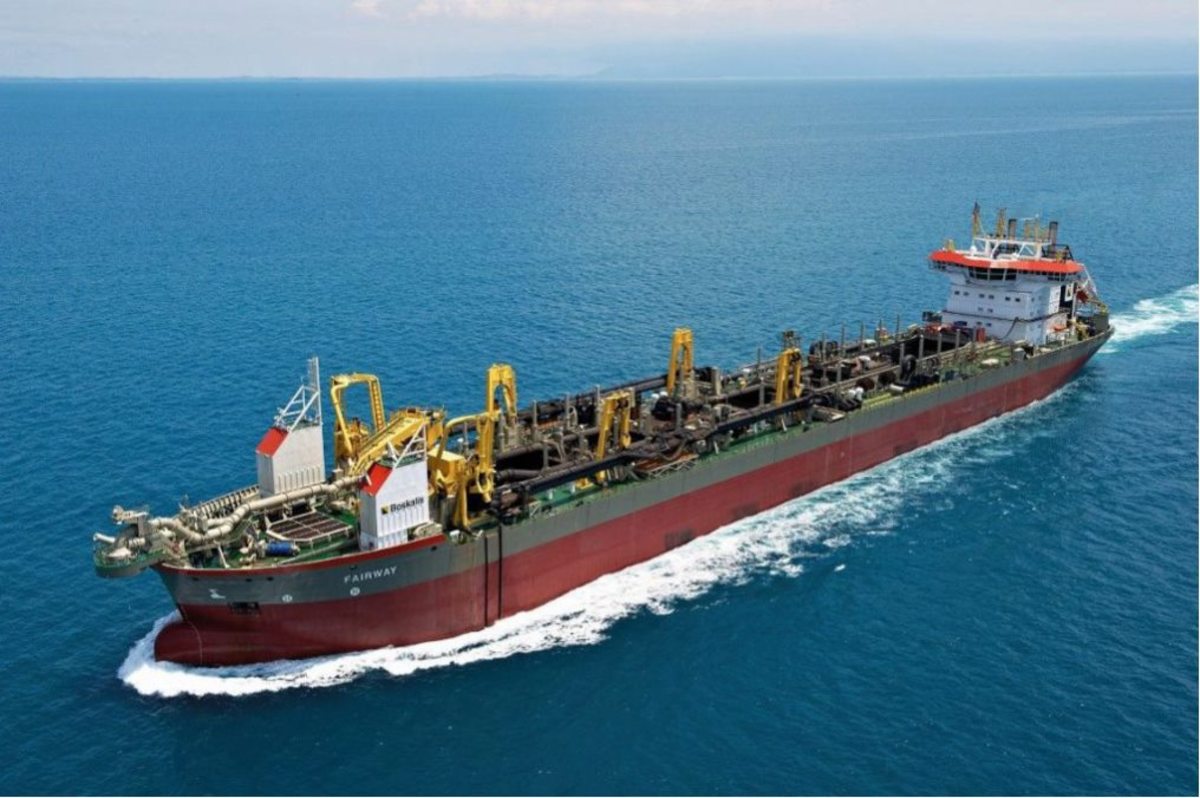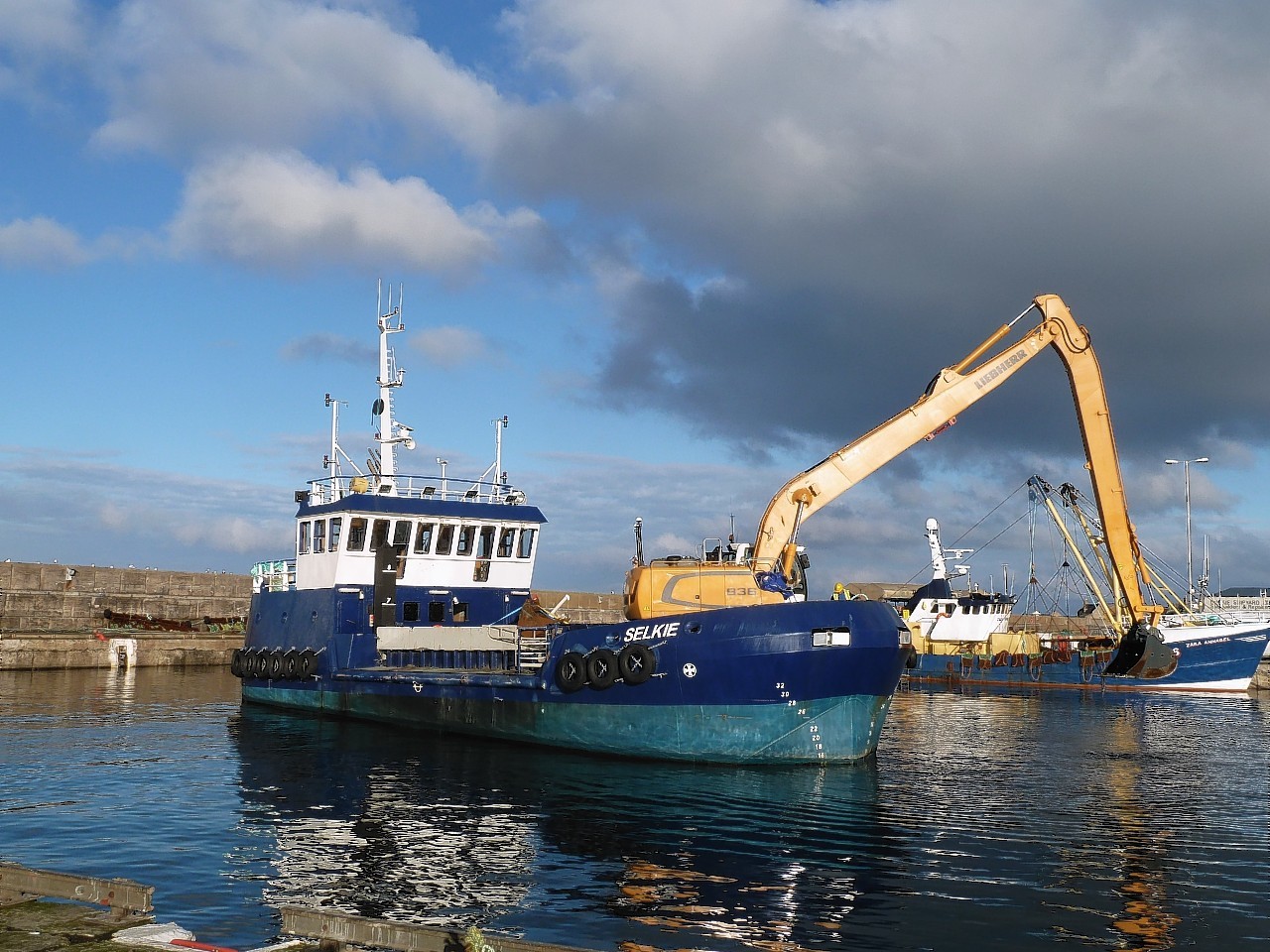

On the eventful date, Stewart was assisting one of the independent contractors working in the engine room by feeding wires through the hatch while precariously perched above. However, to replace the old engine, it was necessary to remove a protective railing guarding the hatchway to the engine. Upon examination, it was determined that the malfunctioning engine would need to be replaced. The scow's engine was accessed through a hatch. Dutra hired an independent contractor to repair the scow's engine, and it also arranged for several of its employees, including Stewart, to assist with the repairs. To dispose of the dredging material, the scow would be brought alongside the Super Scoop, filled, and then it would depart for the open sea to discard the dredging material.Īlthough Stewart spent the majority of his time tending to the mechanical systems aboard the Super Scoop, he occasionally was called on to perform maintenance tasks aboard the scow. As part of the digging operations, "Scow 4" was used in conjunction with the Super Scoop.


His job was to maintain the mechanical systems of the Super Scoop, a clamshell bucket dredge being used to dredge the bottom of the Boston Harbor for the city's "Big Dig" construction project. Willard Stewart was hired by Dutra Construction Company in 1991 as a marine engineer. § 3 provides the dispositive definition of a "vessel" for the purposes of determining whether a watercraft is a "vessel" within the purview of the Jones Act and the Longshore Harbor Workers' Compensation Act (LHWCA). In an 8-0 decision 1, which may have sweeping implications for seamen, longshore workers, their employers, and not least of all their insurers, the Supreme Court held that 1 U.S.C. Supreme Court handed down its long-awaited ruling in Stewart v Dutra Construction Company, 2005 U.S.


 0 kommentar(er)
0 kommentar(er)
